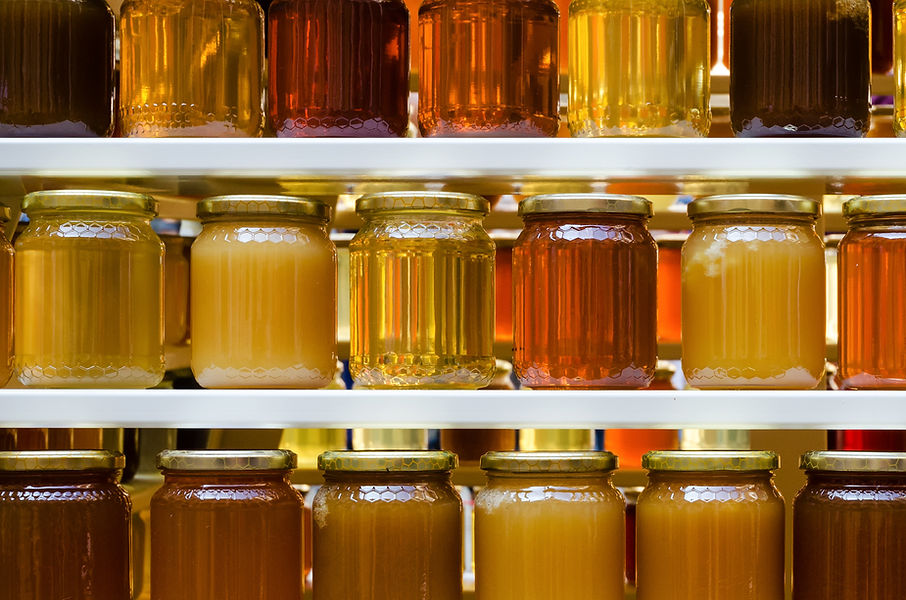Welcome to
Capital Area Beekeepers
Welcome to the official website of Capital Area Beekeepers! We are dedicated to promoting beekeeping in the local community and beyond. Whether you're a seasoned beekeeper or just starting out, our club offers a wealth of resources, knowledge, and camaraderie. Join us in our mission to support and protect our essential pollinators.
We hold monthly in person meetings in East Greenbush from January-November.
Email us at CABcapitalAreaBeekeepers@gmail.com
For those of you who missed the invitation we received from the Ulster County Beekeepers Association here is a short video about their very interesting speaker and his artistic project.
This is a short You Tube Video that will begin with an ad (of course) just click skip to get to the video.
https://www.youtube.com/watch?v=WxuSeRinJoE
Upcoming SABA meeting: Monday December 15th
Event by Southern Adirondack Beekeepers Association
Public · Anyone on or off Facebook
SABA monthly meeting series
Join in person or on zoom
6:30: Ask A Beekeeper
7:00: Andrew Munkes from Lemon Fair Honeyworks presents on chemical free beekeeping
The date is set for the Spring Seminar hosted by SABA
March 28th, 2026
TWO CONFIRMED CASES OF AFB in our area. Here are some of the signs of potential AFB.
This information from BeeAware.org
American foulbrood (AFB) is a fatal bacterial disease of honey bee brood caused by the spore forming bacterium Paenibacillus larvae. It is not a stress related disease and can infect the strongest to the weakest colony in an apiary. Infected brood usually die at the pre-pupal or pupal stage. Heavy infections can affect most of the brood, severely weakening the colony and eventually killing it. The disease is not able to be cured, meaning that destruction of infected colonies and hives or irradiation of infected material is the only way to manage AFB.
Although AFB is not highly contagious, bacterial spores can easily be spread between hives and apiaries through beekeeping practices such as through the exchange of equipment and movement of infected combs. Adult bees are not affected by AFB but can spread spores within and between infected and clean hives through robbing and drifting.
AFB spores can remain viable for over 50 years and are very resistant to freezing and high temperatures. Therefore, the only way to manage the disease is to stop infections from occurring through adopting beekeeping best management practices, and if an AFB outbreak does occur, quickly dealing with it before additional colonies become infected.
Resources for beekeepers to provide for both native bees and honeybees.
FEEL FREE TO CONTACT ME WITH ANY QUESTIONS
Jennifer Michelle, jennifercmichelle@gmail.com, 802-310-0130
HELPFUL ORGANIZATIONS
• Wild Ones Capital Region
This is a local chapter of a national nonprofit dedicated to educating and promoting native plants
and pollinators. They are a great source of information on finding local native plant nurseries and
determining if a species is native to your area. Most events open to everyone, including
discussion groups to answer questions about plants and pollinators, plant identification hikes,
native seed swaps, and native plant sales.
• Capital Region PRISM
This group is a local resource on invasive species of all types.
• Ernst Seeds
If you are looking for native seed or cover crops for a large acreage, Ernst is a great resource.
They sell a variety of native seed mixes and can help you find the best mix for your site.
• Project Coyote
This group protects and advocates for North American wild carnivores and educates on how
communities, ranchers, and farmers can coexist with them. Also see their brochure and page on
Ranching and Farming with Wildlife.
RECOMMENDED NATIVE PLANTS - LISTS BY REGION
• Eastern Temperate Forest Key Stone Plants
• National Wildlife Federation – Key Stone Plants by Ecoregion
NATIVE BEE BOOK
• Bees: An Identification and Native Plant Forage Guide by Heather Holm
ARTICLES/VIDEO
• An Overview of the Potential Impacts of Honey Bees to Native Bees, Plant Communities, and
Ecosystems in Wild Landscapes: Recommendations for Land Managers
• Heather Holm interview on Joe Gardener
• Honey Bees in North America: Why Getting a Hive Won’t “Save the Bees”
• How to Create Habitat for Stem-Nesting Bees
• Wild Bee Conservation
• (VIDEO) We Need to Talk about Honeybees – Xerces Society

